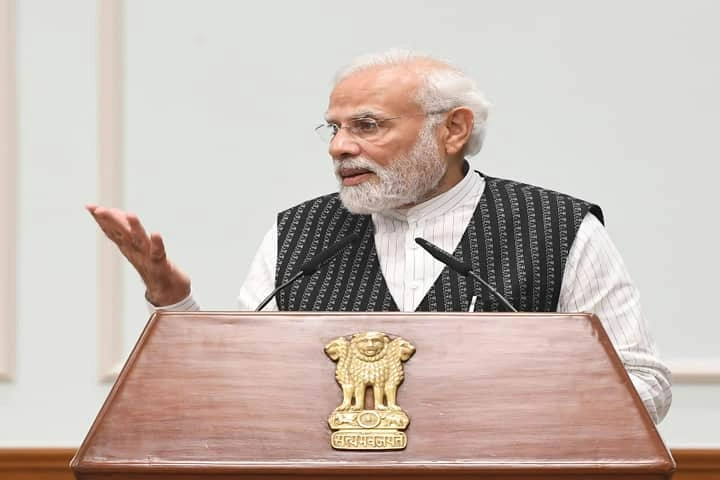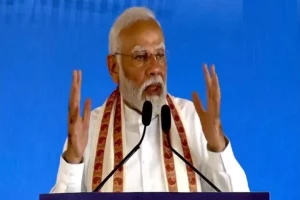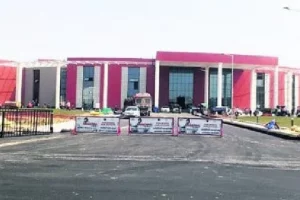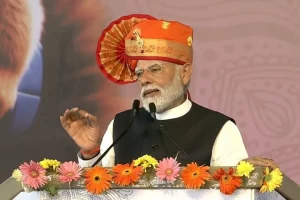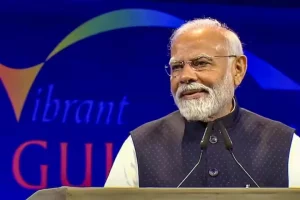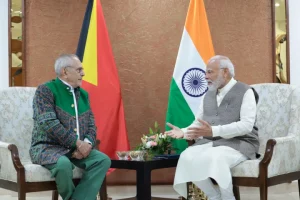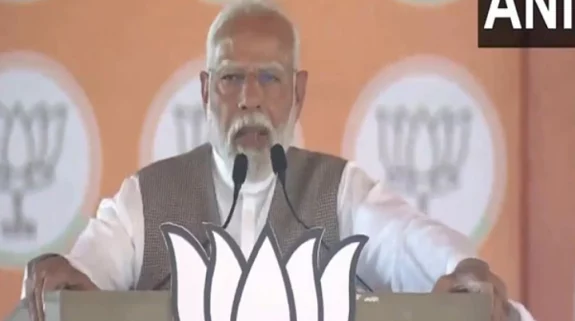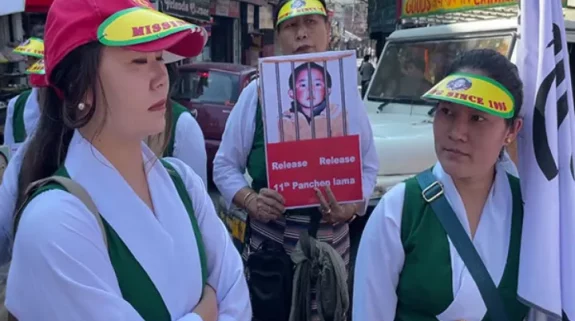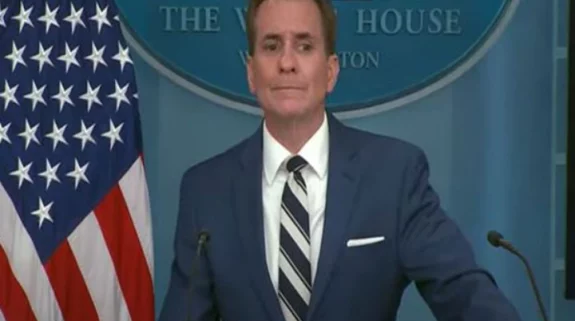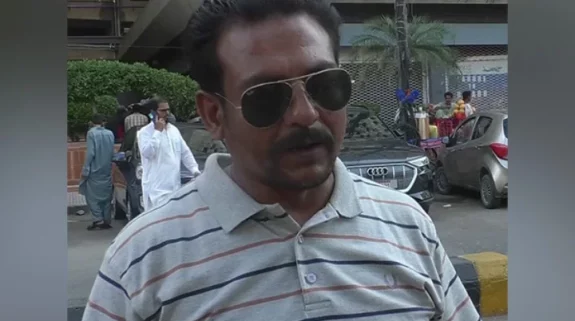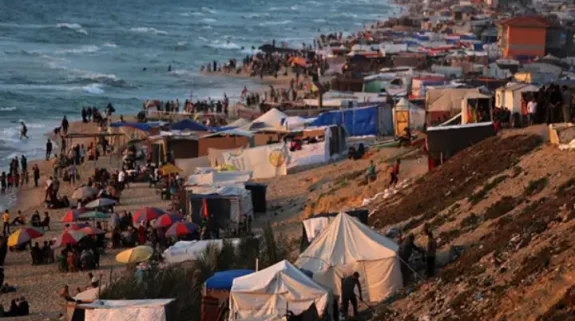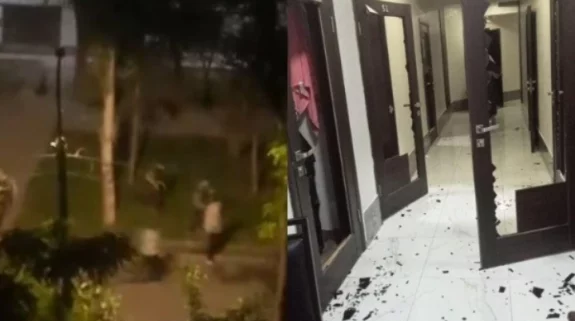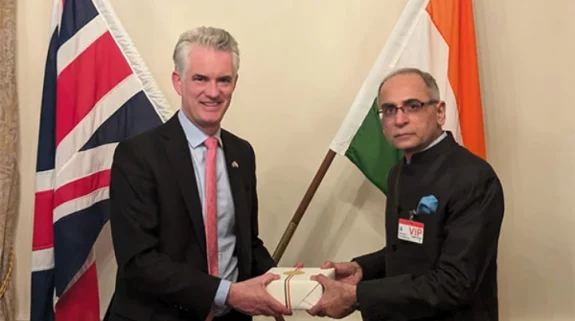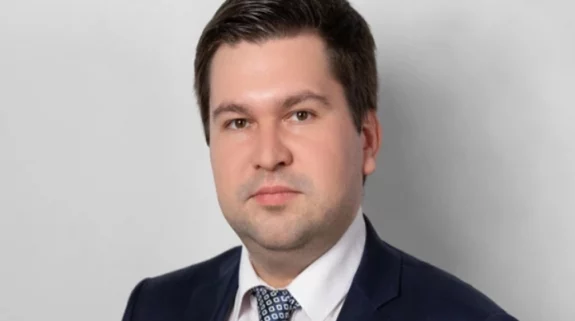Prime Minister Narendra Modi today, on the occasion of Teacher’s Day, announced the development and upgradation of 14,500 schools across India under the Pradhan Mantri Schools For Rising India (PM-SHRI) Yojana.
Addressing Akhil Bhartiya Shiksha Samagam in Varanasi. https://t.co/1SwbAU6HRE
— Narendra Modi (@narendramodi) July 7, 2022
“The PM-SHRI schools will have a modern, transformational and holistic method of imparting education. Emphasis will be on a discovery oriented, learning centric way of teaching. Focus will also be on modern infra including latest technology, smart classrooms, sports and more,” the Prime Minister said.
“The National Education Policy has transformed the education sector in recent years. I am certain that the PM-SHRI schools will further benefit lakhs of students across India in the spirit of NEP,” PM Modi said.
The Prime Minister also interacted with 45 selected teachers from across the country in his office today evening after they were honoured with National Awards at Vigyan Bhawan by President Droupadi Murmu.
The National Awards to Teachers are meant to celebrate the unique initiatives and contributions of some of the finest teachers chosen from across the country. These teachers through their commitment have not only improved the quality of school education but have also enriched the lives of their students. The event was organised by the Department of School Education and Literacy, Ministry of Education.
Today, India is celebrating its 50th National Teachers’ Day. The day is celebrated on September 5 every year which is the birth anniversary of India’s second President Dr Sarvepalli Radhakrishnan, who was also a scholar, philosopher, and Bharat Ratna awardee.
NEP (New Education Policy) introduced by the Narendra Modi government lays emphasis on education in the mother tongue or local languages. It also recognizes that vocational education is perceived to be inferior to mainstream education. Hence, this policy aims to overcome the social status hierarchy associated with vocational education and requires integration of vocational education programmes into mainstream education in all education institutions in a phased manner. Towards this, secondary schools will also collaborate with ITIs, polytechnics, local industry, etc. Skill labs will also be set up and created in the schools in a hub and spoke model which will allow other schools to use the facility.






